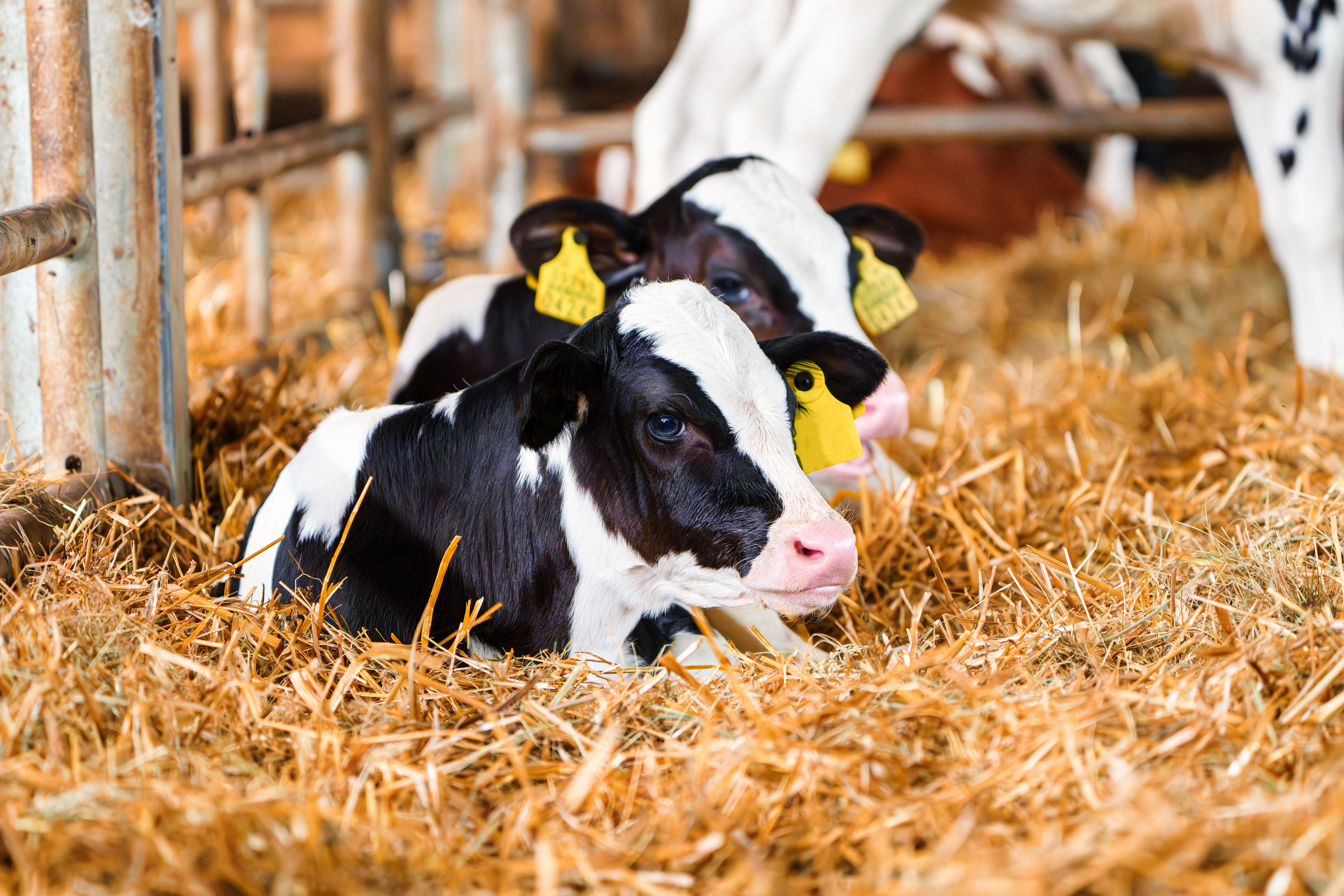Can We Live Without Zinc Oxide?
Weaning time is a stressful time for piglets. A naïve immune system, a developing intestinal tract, and numerous stress factors—such as feed changes, separation, re-grouping, and transportation—all affect the health and vitality of piglets. A common outcome is post-weaning diarrhoea that leads to decreased performance and often mortality—not to mention the economic impact. A decades-long practice to maintain piglets’ gut function and overall fitness has been the administration of pharmacological dosages of zinc oxide (ZnO; 1,500 – 3,000 ppm).
Zinc oxide exerts a variety of positive effects in the gastrointestinal by targeting intestinal architecture, digestive secretions, antioxidant systems, and immune cells. ZnO also has a moderate antibacterial effect against E. coli, the main causative agent of post-weaning diarrhoea. However, the environmental impact of ZnO have posed questions to the sustainability of its extensive utilization. Therefore, as of 26 June 2022, pharmacological doses of ZnO have been banned from use in Europe. It should be noted, though, that physiological doses (150 ppm formulated in complete feed) are not subject to the ban.
Many non-feed strategies have been investigated to control post-weaning diarrhoea including the improvement of hygiene levels and the breeding of animals more resistant to E. coli. However, post-weaning diarrhoea without E. coli detection is common and it has been suggested that an intestinal microbiota imbalance might a contributor for the inflammation and diarrhoea in weaned piglets.
The gut microbiota of pigs has numerous roles benefiting the host among them: the maintenance of normal intestinal functions, regulation of the immune responses, and protection from pathogenic bacteria. Among all the factors impacted by the weaning transition, the modification of piglet intestinal microbiota is becoming more accepted as one of the key factors contributing to postweaning diarrhoea.
A variety of in-feed methods have also been employed to fill the void left by the banning of ZnO. Adjusting the diet composition, the addition of organic acids, essential oils, and polyphenol-rich extracts have all been studied with various levels of success. However, the concept of synbiotics—the combining probiotic and prebiotic strains—has had sustainable and positive results.
Stronger Together.
The strengths of probiotics and prebiotics lie in their different but specific modes of action such as pathogen inhibition, immune stimulation, digestibility improvement, good gut bacteria enhancement, and osmolyte effects. One 14-day feeding trial tested this concept by comparing a high-quality prebiotic together with a multi-talented probiotic to control groups. After 14 days, the synbiotic group showed significant improvements in daily weight gain and feed conversion compared to the negative control (no ZnO) and equivalent results to the ZnO control. The findings of this study demonstrate that the administration of this synbiotic combination improved daily body weight gain and feed conversion similarly to ZnO supplementation. Moreover, synbiotics appear to be an environmentally friendly alternative to pharmacological dosages of ZnO.
Synbiotics are just one part of Biochem’s comprehensive approach to support gut health in weaning pigs. To promote animal health and reduce the use of antimicrobials, we have focused on our gut health supporting additives, such as pro- and prebiotics, organic acids, betaine, and toxin binders. These can take the form of either feed solutions—for long term applications— or farm solutions that are formulated as ready-to-use for short term applications.
Can we live without ZnO? Yes!
We have solutions for those unable to use or are seeking to reduce the reliance on ZnO. Contact us to find out how we can be stronger together.











